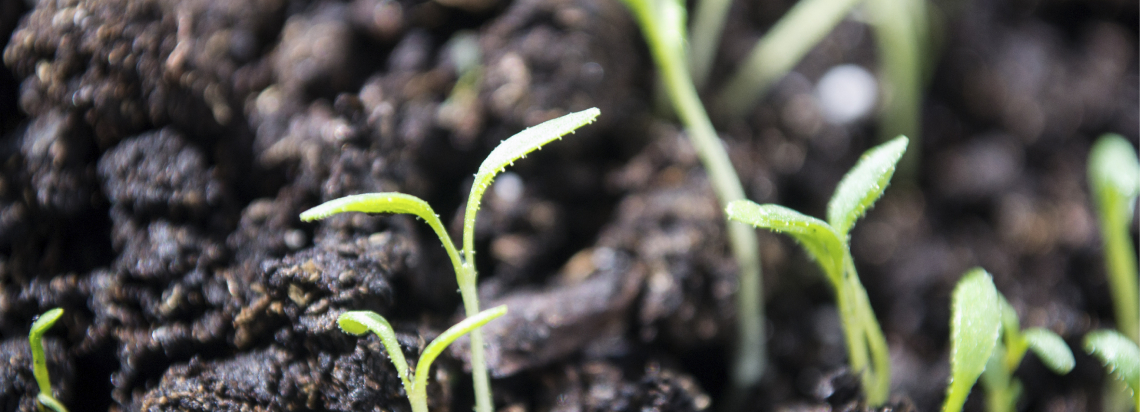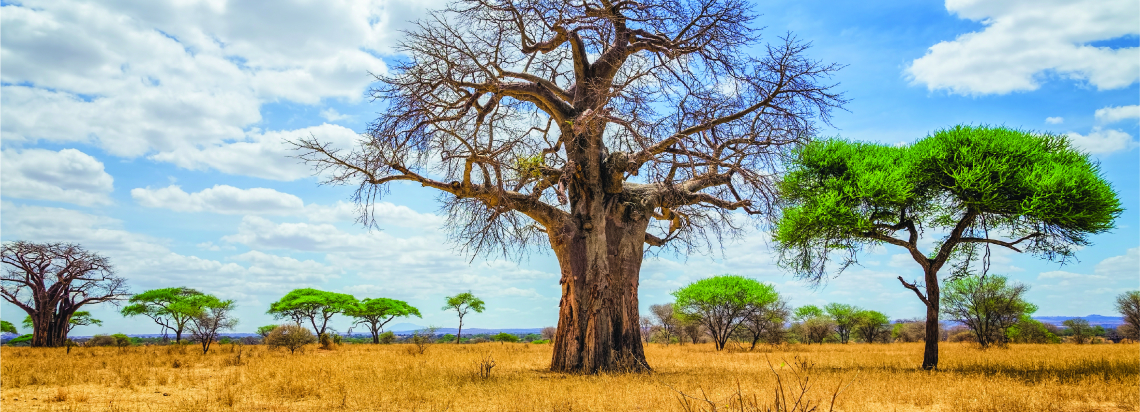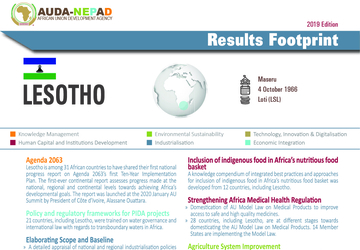 Lesotho
Lesotho
Official Name: Kingdom of Lesotho
Capital: Maseru
Independence Day: 4 October 1966
Currency: Loti (LSL)
Key Result
Lesotho is among 12 African countries to have adopted and implemented the AU Model Law on Medical Products Regulation, which aims to improve access to quality and safe drugs and as well fight the circulation of fake medical products on the continent.
The country has developed full databases on the status of innovation focused on product and process innovations. The support also targets organizational and marketing innovations.
Lesotho is also among the first four countries that have been supported to strengthen the health sector’s response to Tuberculosis and occupational lung diseases. The support focuses on: developing capacity for innovative prevention, detection and treatment of TB; building regional capacity for disease surveillance, diagnostics and management of TB and occupational lung diseases; and regional learning and innovation, and project management.
The Lesotho HWP phase II hydropower component programme will supply power to Lesotho and export power to South Africa. The project also includes a water transfer component programme to supply water to Gauteng Province in South Africa.
Lesotho signed the CAADP Compact in 2013 committing to prioritise agriculture productivity and development. The country received technical support in developing its National Agriculture Investment Plan (NAIP) and integration of CAADP into government planning and budgeting processes and policy documents.
The Forestry Initiative for Landscape and Livelihoods Improvement (FILI) has been implemented. In this regard, datasets and inventories of current woodlots (forests and agroforestry sites) were produced including digital maps and geo-referenced information on forests / agroforestry resources. In addition, capacities of 69 extension and forest officers were strengthened in forestry and agroforestry management .
Five climate change adaptation measures/techniques were identified in the forestry sector, namely: Agroforestry plantations with apiculture; Range Management Areas (RMA) with Grazing Association (GA); Grass planting in stone lined slopes; Conservation Agriculture practices; and Construction of dams and community reservoirs.
Four climate change mitigation techniques were identified in the forestry sector, namely: protection of forest reserves; protection of indigenous woodlands; agroforestry plantations; and orchard growing.
Related
Projects

A critical AU Model Law aimed at harmonizing medical products regulatory systems in Africa was endorsed by African Heads of State and Government at the January 2016 AU Summit in Addis Ababa, Ethiopia. The AU Model Law will contribute towards accelerate the regulation of safe, quality and affordable medical products and technologies. Lesotho has embraced and domesticated the AU Model Law and is already utilizing an adapted version.

On-going technical support to strengthen the national-level knowledge management platform

CAADP Compact: Lesotho signed the CAADP Compact on 4 September 2013.
Capacity Building: Lesotho received technical support in developing its National Agriculture Investment Plan (NAIP). Technical support was also provided to facilitate the integration of CAADP into mainstream government planning and budgeting processes and policy documents. By November 2015, Lesotho's NAIP had been completed.
Results:
- In the 2012/2013 cropping season, the MAFS introduced an Intensive Crop Production Programme in which farmers were given a 50 per cent subsidy for seeds and fertilizers leading to increased yields.
- Agriculture has been given priority in the 2015/2016 fiscal year.
- All relevant stakeholders, including farmers’ unions and business support the CAADP programme and the potential benefits it will bring to the agricultural industry.
- Under the Enhanced Integrated Framework, there has been work on greenhouse technology and mushroom production.
- A wool and mohair production project is also to be introduced

Project : TAH programme
Description : This is phase I of the continental connectivity programme that focuses on completion and standardisation of the TAH missing links by 2030
Project : Single African Sky phase 1 (design and initial implementation)
Description : Single African Sky is a continental programme that will create a high-level, satellite-based air navigation system for the African continent
Project : Yamoussoukro Decision implementation
Description : Accelerate Yamoussoukro Decision implementation by identifying countries that are ready to fully implement it, and discussing and agreeing with both their governments and airlines to launch the voluntary club on a full membership basis;
Project : ICT Enabling Environment
Description : This programme would improve the environment for the private sectors to invest in high-speed broadband infrastructure
Project : ICT Terrestrial for Connectivity
Description : This programme has two main components : secure each country connection by at least two broadband infrastructure and ensure the access to submarine cable to all landlocked countries
Project : Internet Exchange Point (IXP) programme
Description : The aim of this programme is to provide Africa with adequate internet node exchange to maximise internal traffic
Project : Lesotho HWP phase II hydropower component
Description : Hydropower programme for power supply to Lesotho and power export to South Africa
Project : Lesotho HWP Phase II – water transfer component
Description : Water transfer programme supplying water to Gauteng Province in South Africa

Preparation for the Implementation of the FILLI strategy (Forestry Initiative for Landscape and Livelihoods Improvement)
Workshops to prepare for FILI Programme Implementation

ASTI has captured comprehensive information on STI and consequently built in-country capacity to collect, analyse & publish data and information on research & development (R&D) and Innovation

Results (2013 – 2015)
Advocacy and Strengthening of Negotiation Capacities on Post-2015 Development Agenda through the Common African Position (CAP):
• The multi-stakeholder framework of engagement specifically enhanced dialogue towards ensuring the required mass to influence the Post-2015 Global Agenda and Development Goals relevant to the Continent;
• This intervention helped strengthen country and regional level negotiating capacities for the effective incorporation and articulation of Africa’s priorities as enshrined in CAP in the final Global SDGs;
• The project enabled the participation of African stakeholders at the Means of Implementation Engagement, 3rd Financing for Development Conference and the UN General Assembly that adopted the new SDGs. This ensured the incorporation of Africa’s development priorities into the new goals through developing essential negotiation capacities;
• Through the CAP/SDGs space on the Africa Platform for Development Effectiveness (APDev), knowledge products and negotiation documents, as well as, policy briefs where successfully disseminated to the African negotiators in New York and kept the continent’s stakeholders informed of the overall process;
• Development and dissemination of post-2015 Policy Briefs on “Financing and Partnerships” and “Structural Economic Transformation and Inclusive Growth”. These are priorities outlined in the CAP and the policy briefs where utilized in the negotiation process for the African continent.
Global Partnership for Effective Development Cooperation (GPEDC):
• Africa secured the hosting of the 2nd High Level Meeting (HLM) of the Global Partnership. This was attained through robust negotiation and facilitating a common voice from Africa with regards to this critical engagement by the NEPAD Agency. The 2nd HLM will be held in Nairobi Kenya;
• The NEPAD Agency advocated for the full inclusion and participation of Africa’s Regional Economic Communities (RECs) in conducting the 2nd GP Monitoring Exercise. This was a fundamental achievement considering the RECs are the continent’s building blocks with regards to socio-economic transformation;
• The Africa Action Plan on Development Effectiveness (AAP) was granted the status of an official Global Partnership Initiative (GPI) at the Planning Meeting in Brussels. The AAP was developed by the NEPAD Agency in consultation with African multi stakeholders. This has enabled the Agency to successfully mobilize resources towards the implementation of the AAP.

Description : The use of political gravitas and goodwill to unblock and facilitate political bottlenecks affecting the implementation of ICT broadband and optic fibre projects on the continent


Developed the Country Strategic Investment Framework
Technical support was deployed to foster linkages between landscape approach, climate change adaptation and SLWM, and as well promote effective application of climate change adaptation tools.
A country-led national SLM coalition has been strengthened on learning, monitoring, and investment planning, and a national-level SLM platform is active.
Technical assistance is ongoing to strengthen the coordination and implementation of TerrAfrica supported investment planning processes.

Description : Hydropower programme for power supply to Lesotho and power export to South Africa
"At the beginning of 2014, 37 of the 42 opted-in African countries have completed a rapid assessment / gap analysis. The next step for countries is to develop a SE4LL Action Agenda and Investment Prospectus(es). To support this process, the SE4ALL Africa Hub partners have led the development of Africa Guidelines for SE4ALL national Action Agendas. The Africa Guidelines lay out principles and process for developing Action Agendas and put forward a balanced approach of centralized and decentralized solutions to achieve universal access to energy services.
Progress in Lesotho:
Joined SE4All initiative"
you agree to the AUDA-NEPAD Privacy Policy.


